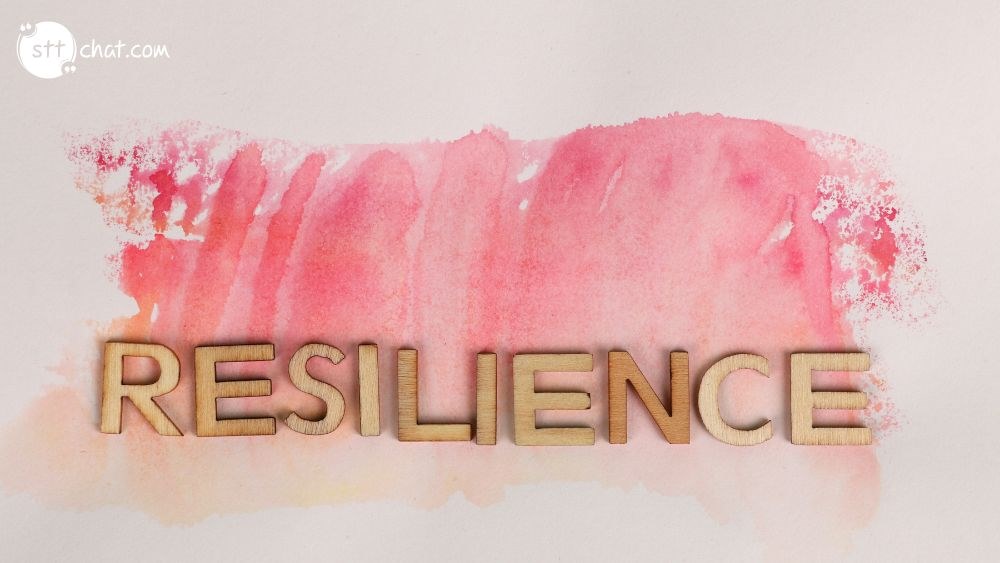In our journey through life, we often encounter situations that are beyond our control. The renowned quote by Lou Holtz, "Life is 10 percent what happens to you and 90 percent how you respond to it." encapsulates a profound truth about the human experience. This saying reminds us that while we cannot always dictate the events that occur in our lives, we have significant control over our reactions. This blog will delve into the deeper meaning of this quote, explore its implications, and provide practical examples of how adopting this mindset can lead to a more fulfilling and resilient life.
1.The Essence of the Quote
1.1.The 10 Percent: What Happens to You
Life is filled with unexpected events, both good and bad. The "10 percent" refers to these uncontrollable circumstances—natural disasters, accidents, sudden loss, or even unexpected opportunities. These events are often out of our hands and can feel overwhelming. However, focusing too much on this small percentage can lead to feelings of helplessness and despair. Understanding that these events are only a small fraction of our life experience can shift our perspective and energy towards what we can control.

The "10 percent" refers to these uncontrollable circumstances—natural disasters, accidents, sudden loss, or even unexpected opportunities - Source: Internet
1.2.The 90 Percent: How You Respond
The "90 percent" of the quote is where our true power lies. Our responses to life's events shape our experiences and define our character. This includes our thoughts, emotions, actions, and attitudes. By choosing to respond positively and proactively, we can transform challenges into opportunities for growth. This mindset fosters resilience, a key trait for navigating life's ups and downs. Developing this ability to respond thoughtfully rather than react impulsively is crucial for personal development and overall well-being.
2.Practical Applications of the Quote
2.1.Developing a Positive Mindset
Adopting a positive mindset is essential in responding effectively to life's challenges. This doesn't mean ignoring negative emotions but rather acknowledging them and choosing to focus on solutions. For example, if you lose your job, the initial reaction might be panic or frustration. However, by shifting your focus to the 90 percent—your response—you can explore new opportunities, acquire new skills, or even pursue a long-held passion.
2.2.Building Resilience
Resilience is the ability to bounce back from adversity. It involves maintaining a positive outlook, staying flexible, and being willing to adapt to changing circumstances. When faced with a difficult situation, resilient individuals are more likely to see it as a temporary setback rather than a permanent obstacle. They use challenges as learning experiences and emerge stronger.

Resilience is the ability to bounce back from adversity - Source: Internet
2.3.The Role of Emotional Intelligence
Emotional intelligence (EI) plays a significant role in how we respond to life's events. EI involves being aware of our emotions, managing them effectively, and understanding the emotions of others. High EI can help us respond to situations more thoughtfully, communicate better, and build stronger relationships. For instance, during a heated argument, someone with high EI might take a moment to calm down before responding, leading to a more constructive conversation.
3.Real-Life Examples
3.1.Inspiring Figures
Many inspiring figures embody the essence of Holtz's quote. Take Viktor Frankl, a Holocaust survivor, who endured unimaginable hardships yet chose to find meaning in his suffering. His book, "Man's Search for Meaning," illustrates how his response to his circumstances led to a profound understanding of life and human resilience.
3.2.Everyday Heroes
Everyday heroes also exemplify this principle. Consider teachers who adapt to challenging classroom environments, parents who remain patient and loving despite stress, or individuals who overcome personal struggles and contribute positively to their communities. These people remind us that our responses define us more than our circumstances.
4.The Impact on Personal Growth
4.1.Shaping Our Identity
Our responses to life events significantly shape our identity. When we consistently choose to respond with positivity, determination, and compassion, we cultivate a strong, resilient character. This not only enhances our personal growth but also influences those around us.
4.2.Enhancing Relationships
How we respond to others, particularly in challenging situations, can strengthen or weaken our relationships. Responding with empathy and understanding fosters trust and deeper connections. Conversely, reacting with anger or defensiveness can damage relationships. Therefore, cultivating mindful responses is key to building and maintaining healthy relationships.
Conclusion
Lou Holtz's quote, "Life is 10 percent what happens to you and 90 percent how you respond to it," serves as a powerful reminder of the control we hold over our lives. While we cannot always change our circumstances, we can always choose our responses. By focusing on the 90 percent, we can develop resilience, foster personal growth, and build stronger relationships. Embracing this mindset can lead to a more fulfilling and empowered life, where challenges are viewed as opportunities and every response is a step towards a better self.






